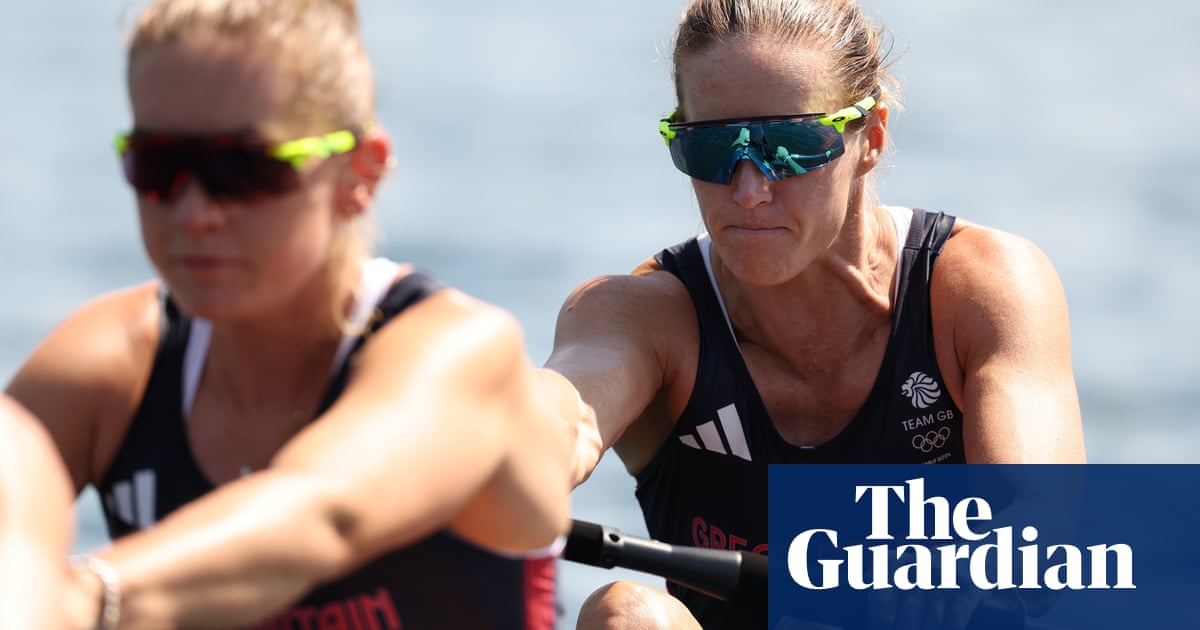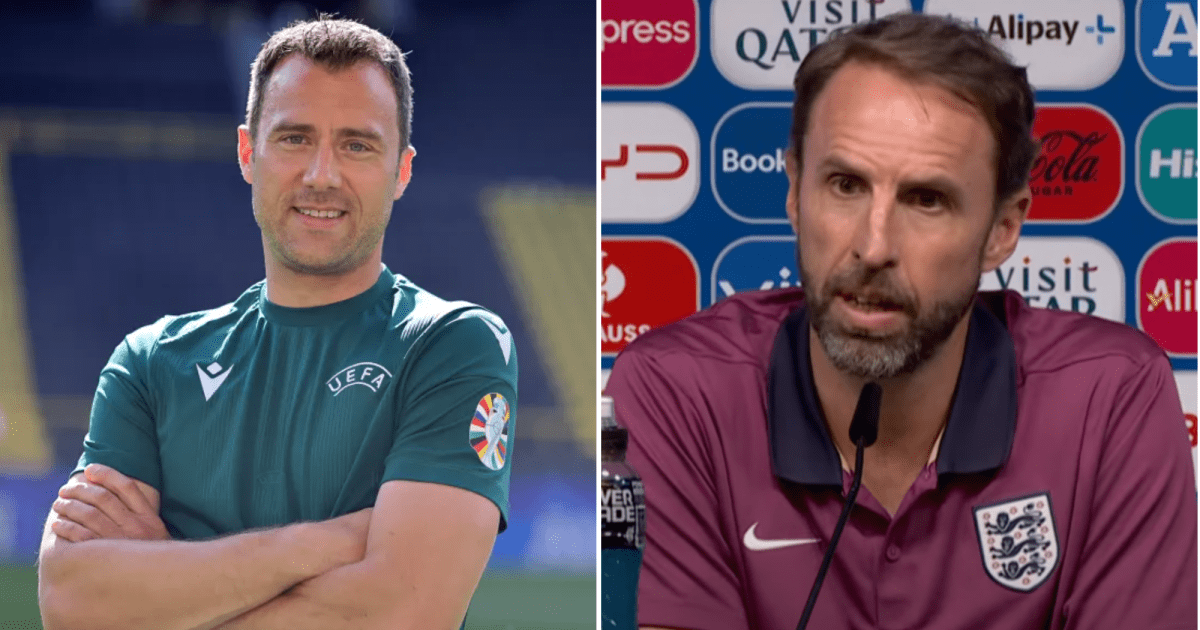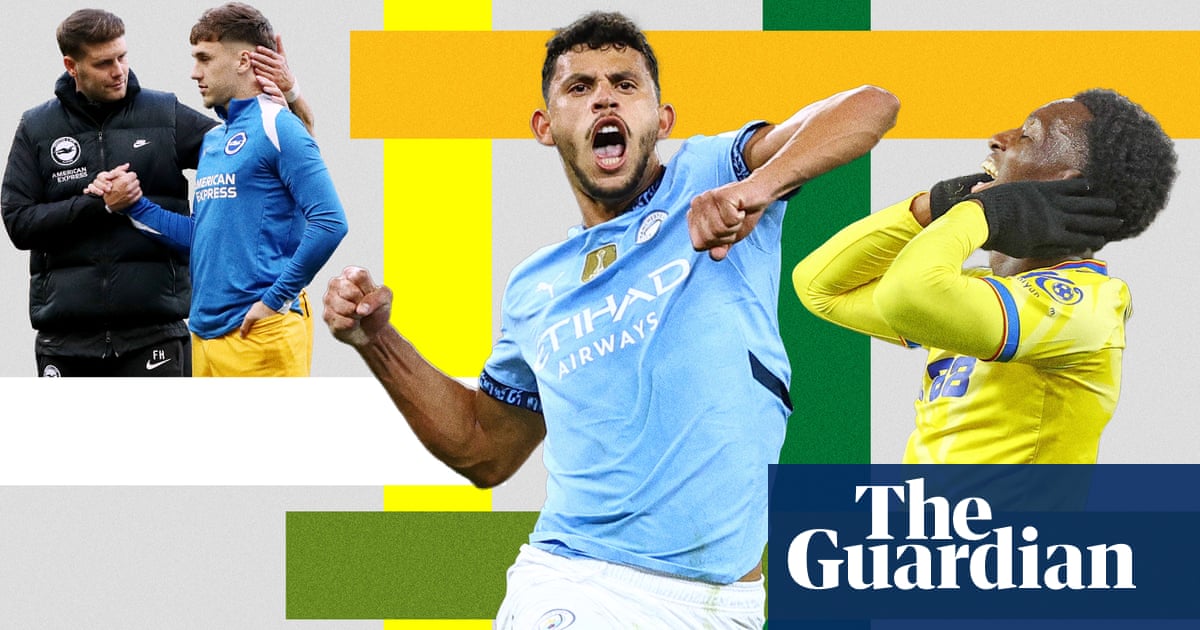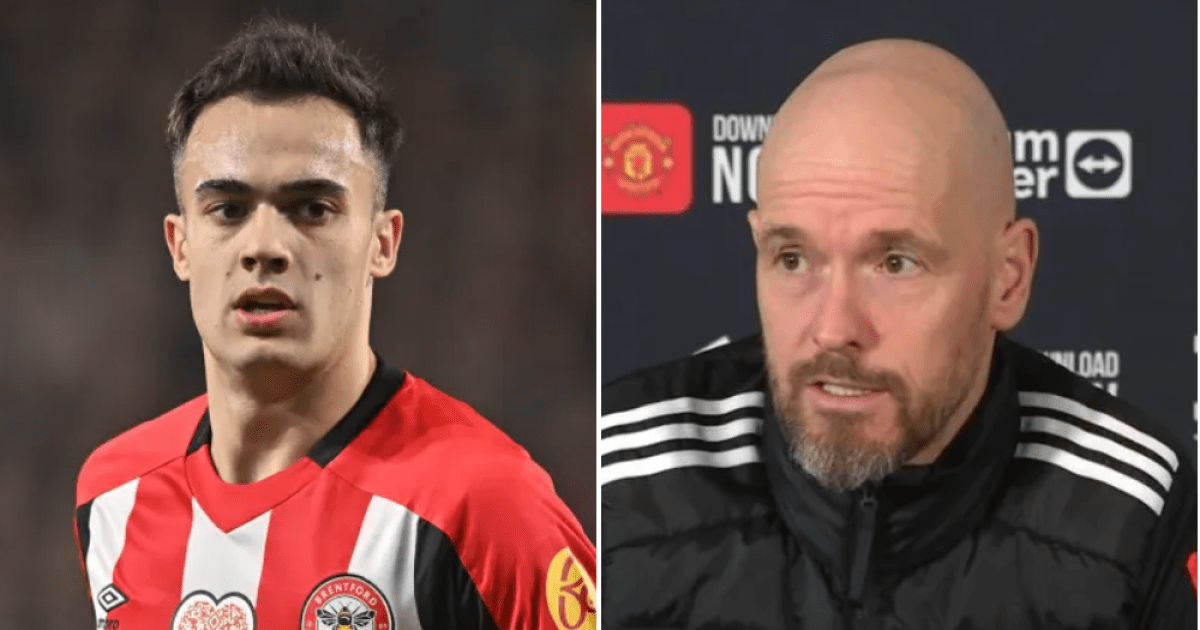The Olympic rower Helen Glover has said fathers on Team GB receive less scrutiny for being parents than female peers and have expectations that their careers will last longer.
As the world’s No 1 female rower and a two-time Olympic champion, Glover, who has three children, has long been an advocate for working mothers and since announcing her return from retirement a year ago to compete in Paris has been outspoken about the difficulties of juggling parenthood as an elite athlete.
“Many men in Team GB have children, and it’s not spoken about because it doesn’t change anything. And it’s expected that their careers are longer than women’s careers,” Glover told the Radio Times.
“But hopefully the biggest thing about these Games is how many women competitors are coming back after having children.”
When competing in Tokyo in 2021, Glover was the first mother to make the Great Britain rowing team, and qualified for the Olympic final 18 months after becoming a mother of twins. This year, more mothers than ever are taking part in the Olympics and Paralympics and the Olympic village has a nursery for the first time.
On Sunday, Glover, alongside teammates Esme Booth, Sam Redgrave and Rebecca Shorten, progressed to the women’s four final, with a third gold medal within reach for the 38-year-old. In 2012 and 2016, Glover won gold in the women’s pair, and this year led Team GB as she carried the flag at the opening ceremony.
“Having children is definitely harder than training,” Glover told the Guardian before the Olympics. “Childbirth is going to happen and you can’t stop it, whereas when you’re rowing, you can stop at any stroke. But having a family and constantly worrying and checking in on them just never finishes,” she said.
“It makes my day much harder, because I’m putting in the same training as everybody else, just with three hours’ less time,” she told the Radio Times.
“But part of being the best mum I can be, is being present. So even if I’m stressed or tired, I see [the children’s] faces light up when I’m at the school gate. Every time, it makes me feel I’ve got the balance right.”
She previously told the Guardian: “A big part of the decisions to come back was in thinking: ‘What can I actively do to help the future for my little girl and other little girls out there?’, and also other women who have got young families and want to feel empowered?”







